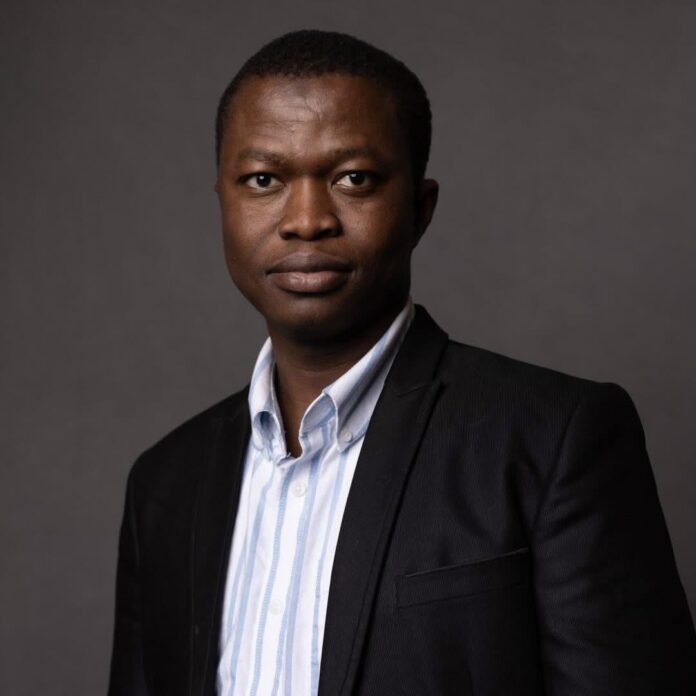By Alieu Jallow
A prominent Gambian medical doctor based in the United States, Dr. Muhammed Teks Tekanyi, has described The Gambia’s education system as “outdated” and in urgent need of reform.
Dr. Tekanyi, a specialist physician who served for years at the Edward Francis Small Teaching Hospital, is calling for a redefinition of the basic and secondary school models to better prepare students for their future careers, reduce costs, and strengthen the country’s human capital.
He outlined five key reforms he believes will reshape the sector. According to him, the number of subjects for examination classes should be capped at six, noting that this would help students prepare better for their graduation exams while also reducing costs for parents, schools, and the Ministry of Education.
“Six subjects will give the student enough time to study and understand the concepts of each subject, not just for passing exams but for their future careers, and it is easier when planned for a day each subject to study with the remaining day to rest and refresh,” he explained.
He recalled that both his father, a professor of engineering, and himself, a specialist physician, achieved their careers without taking nine subjects in school.
“This is true for all, if not many, of you reading this. Why then should one take nine subjects when, for some of them, you will never need them again after graduating from high school?” he questioned.
Commonly known as “Teks,” Dr. Tekanyi also called for a shift from the traditional science, arts, and commerce model toward a blend that integrates practical skills.
“Our world has changed, and its growing impact on society requires that we also adjust to meet its demands. Many employers no longer want a full-time office employee but one that can roll his/her sleeves and step out of the office to demonstrate what s/he wants colleagues to do to solve a particular work-related problem,” he said.
He suggested that students could study science while also learning a trade such as agriculture or carpentry, enabling them to create alternative income streams in the future.
Over the years, teachers have consistently called for salary increases to meet the skyrocketing cost of living. Dr. Tekanyi stressed that quality education is impossible without motivated teachers.
“There’s no explanation enough to give reason why a doctor, lawyer, or engineer can have a comfortable take-home and not the teacher when all are professions contributing to national growth. Ku buga akra fogmu nyem’meng kaani!”
Dr. Tekanyi further argued that schools must be equipped with the right resources to produce strong results.
“Equip the labs for the science students, and provide enough resources for the rest of the students to prepare them well for the exams, and the results will be pleasing.”
One of the major challenges facing reform in The Gambia’s secondary and senior schools, he noted, lies in weak policies, poorly equipped institutions, and leadership gaps. Against this backdrop, he called for leadership reforms within the Ministry of Education and schools.
“Plan and provide a system of succession plan for outstanding classroom teachers and provide them with the prerequisite training opportunities for them to grow and climb up the ladder from being a classroom teacher to PS and even minister of basic and secondary education. It is this approach that brings desired results, builds institutional memory, maintains quality, and overall promotes the retention of teachers,” he suggested.
Dr. Tekanyi said such measures would ensure that the education system is not only effective but also responsive to the country’s long-term development needs.




